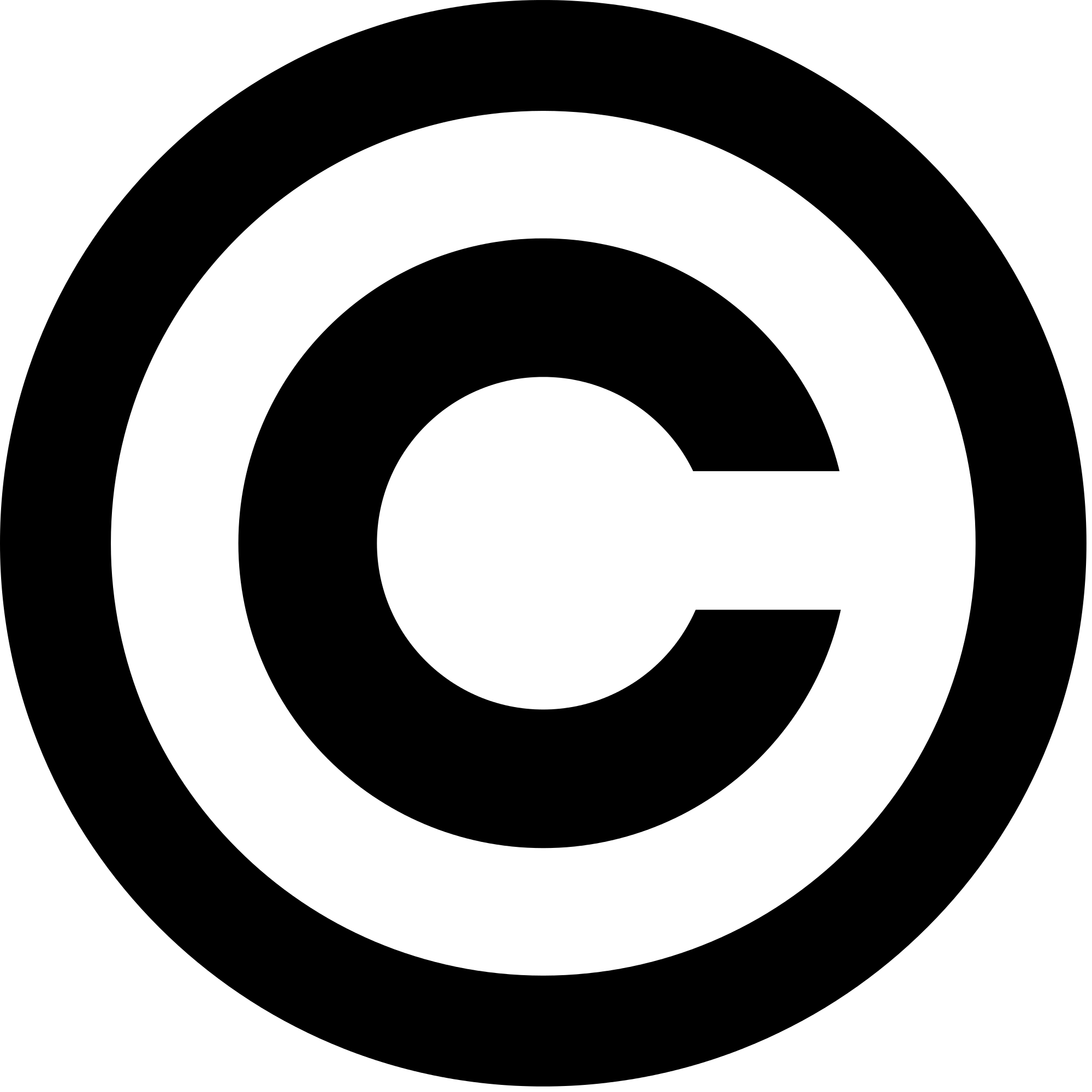Honourable Delhi High Court on
September 16, 2016 in THE
CHANCELLOR, MASTERS & SCHOLARS OF THE UNIVERSITY OF OXFORD & ORS v. RAMESHWARI PHOTOCOPY SERVICES & ANR.,
held that the photocopying of course packs prepared by Delhi University
comprising portions from books published by Oxford University Press, Cambridge
University Press and Taylor & Francis did not amount to infringement of
copyright.
The court dismissed the suit
initiated by the publishing majors, which had sued DU and Rameshwari
Photocopying Services, a kiosk inside the Delhi School of Economics, claiming
infringement of copyright by engaging in preparing copies of course packs with
portions culled out of its books in keeping with the syllabus prescribed by the
varsity.
Justice Rajiv Sahai Endlaw also
lifted the stay on the kiosk from photocopying the course packs. The case had
seen protest by students who backed the kiosk.
“Copyright, especially in
literary works, is thus not an inevitable, divine, or natural right that
confers on authors the absolute ownership of their creations. It is designed
rather to stimulate activity and progress in the arts for the intellectual
enrichment of the public,” said Justice Endlaw.
“Copyright is intended to
increase and not to impede the harvest of knowledge. It is intended to motivate
the creative activity of authors and inventors in order to benefit the public,”
he added.



